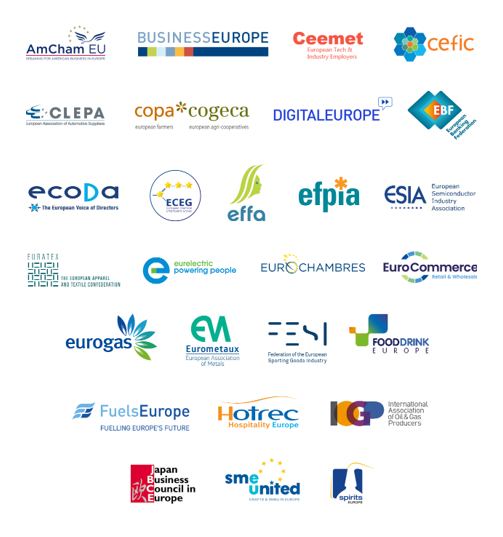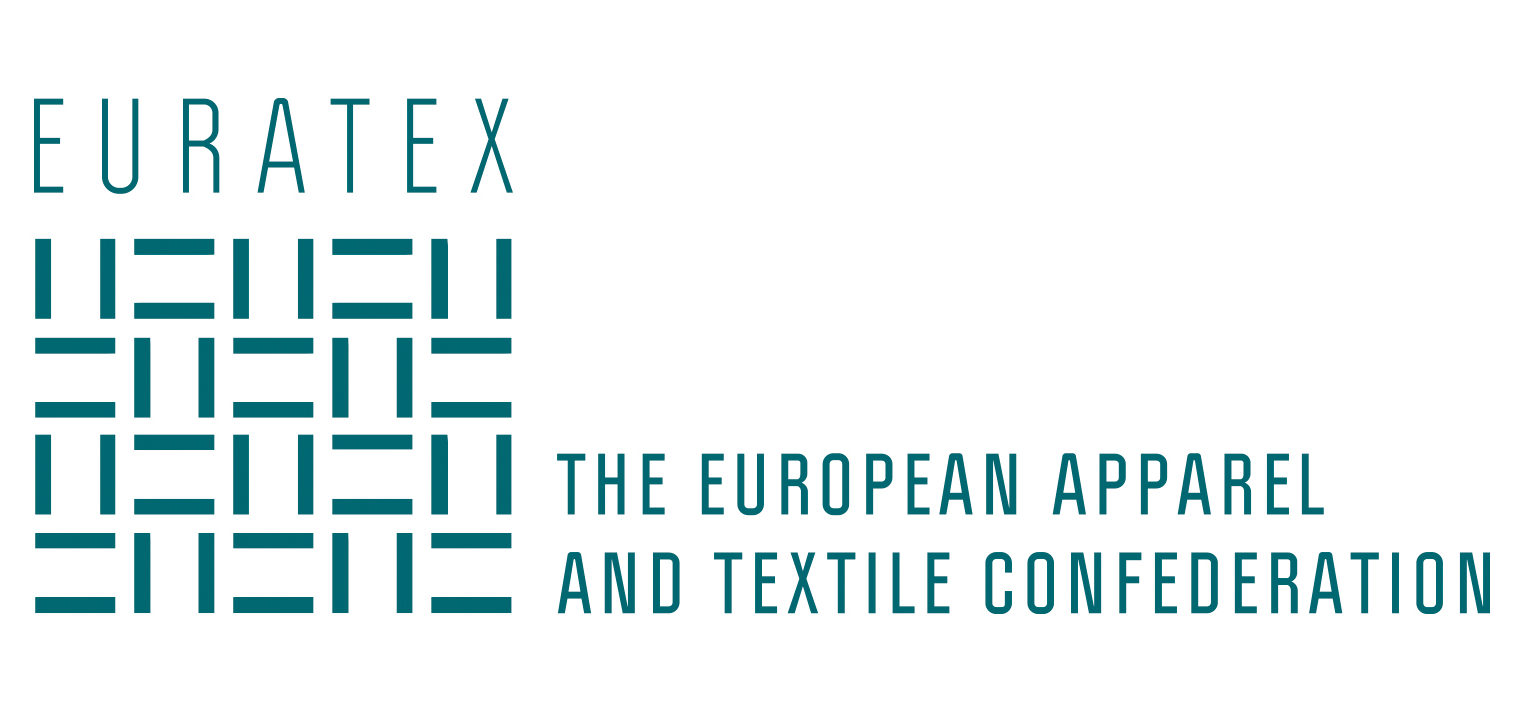
Brussels, 5 November 2024 – In a joint letter to the European Commission, 25 leading European business associations, including EURATEX, are urging the Commission to simplify and streamline the Corporate Sustainability Due Diligence Directive (CS3D) to ensure it aligns with the EU’s economic competitiveness and sustainability goals. The associations, representing industries as diverse as chemicals, automotive, agriculture, and textiles, highlight the directive’s ambitious scope and the potential challenges it creates for businesses with global supply chains, particularly for SMEs.
The joint appeal stresses that, while companies support sustainability principles, the directive’s complex requirements may risk competitive disadvantages and create undue regulatory burdens. With the European Green Deal entering the implementation phase, business leaders are calling for measured approaches to align environmental goals with economic realities.
Priorities for a Practical Implementation
The associations call for key actions to ensure the CS3D supports EU competitiveness and creates a manageable framework for businesses:
- Comprehensive Competitiveness Assessment
The letter advocates for a full competitiveness assessment of the CS3D’s requirements, allowing for clarification and burden reduction in future guidance and implementation. By gathering industry feedback, the Commission can address potentially excessive obligations while ensuring consistent enforcement across Member States. - Extended Implementation Timeline
With supply chains deeply integrated, businesses need adequate time to comply with new regulations. The associations recommend that guidelines and supporting legislation be issued two years prior to mandatory compliance deadlines. Alternatively, an extended transition period would allow companies—especially those with extensive supplier networks—to make the necessary adjustments. - Uniform Implementation and Avoiding Fragmentation
The letter underscores the need for a harmonized approach across the EU to prevent market fragmentation. The associations are urging the Commission to ensure coherence between national implementations to maintain competitiveness in the Single Market, particularly as the directive’s requirements grow more complex.
The signatories reflect diverse perspectives on the directive’s potential impact. By coordinating with relevant Directorates-General and stakeholders, the associations believe the European Commission can ensure a balanced and consistent framework, benefiting both sustainability objectives and economic resilience.
Read the full letter.
